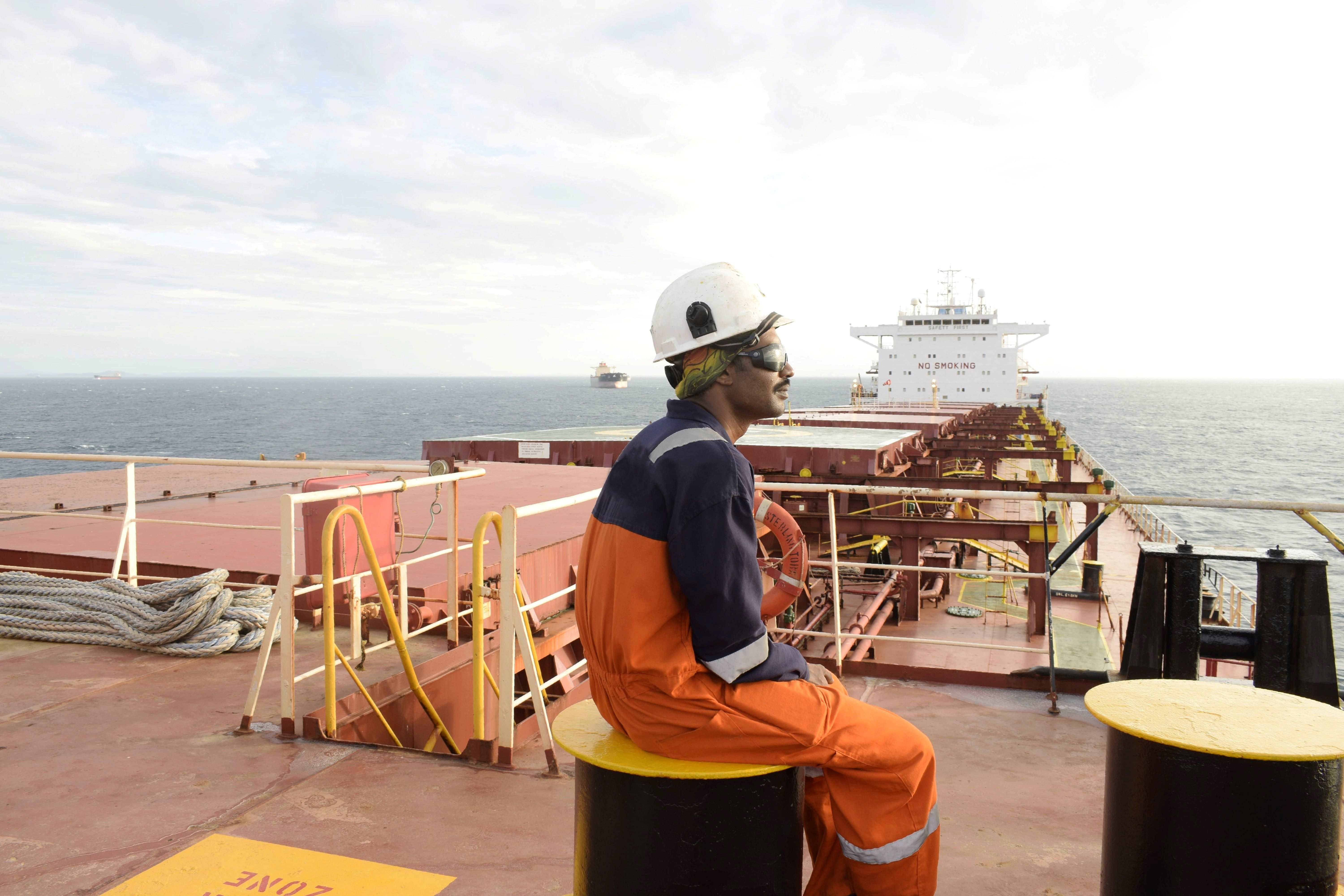ICS Responds to Migrant Crisis with Guidelines for Large Scale Rescue Operations at Sea
In response to the continuing crisis in the Mediterranean, necessitating commercial ships to rescue tens of thousands of migrants and refugees during 2014, the International Chamber of Shipping (ICS) has published new Guidance on Large Scale Rescue Operations at Sea, which can be downloaded free of charge via the ICS website.
ICS Secretary General, Peter Hinchliffe explained: “The shipping industry fully accepts its humanitarian obligation to assist anyone at sea whose vessel is in distress. But the scale of the crisis involving thousands of people attempting to get to Europe in craft that are neither fit for purpose nor seaworthy has raised real concerns about the safety and health of ships’ crews that may be involved in rescuing as many as 200 people at a time.”
The challenges involved in rescuing large numbers of people and then accommodating them on board ship prior to disembarkation are enormous compared to conventional rescue operations. The ICS Guidelines are therefore intended to help shipping companies prepare for this eventuality, whilst taking full of account of the safety and security of the ship should such large scale rescues be necessary. ICS says that experience has shown that advance preparations, and the development of effective procedures supported by regular drills, will prepare Masters and their crews to manage large scale rescue operations safely and successfully.
The issues covered by the ICS Guidelines include the provision of additional Personal Protective Equipment for ship’s crew and the safe management and accommodation of large numbers of people on board with an emphasis on sanitation, hygiene and ship security. The Guidelines also refer to the need for companies to take full account of crew welfare in the aftermath of a large scale rescue. The ICS Guidelines also contain useful references to relevant advice produced by the World Health Organization and the International Maritime Organization.
ICS also emphasises that Masters should not be expected to become involved in decisions about the legal status of the people they have rescued or whether they intend to apply for asylum.
“Notwithstanding the shipping industry’s legal and humanitarian obligations to rescue people in distress at sea, it remains incumbent on the governments to find a solution to the current crisis which is placing a very difficult burden on ships’ crews and the companies that have a duty of care for them.” said Mr Hinchliffe, who will be participating at a high-level meeting on the migrants at sea crisis being hosted by the UNHCR in Geneva later this week, in which the IMO Secretary-General will also be taking part.
Related content

Seafarer wellbeing under threat amid geopolitical conflict

Inspection challenges at Black Sea Grain Corridor

Black Sea Grain Initiative ‘exceeds expectations’ but challenges lie ahead
